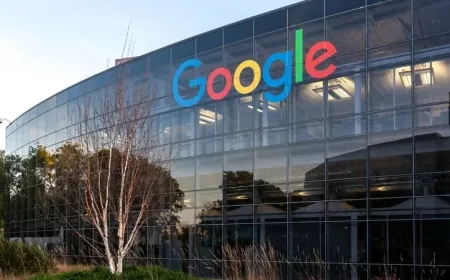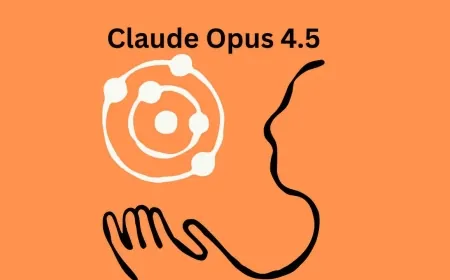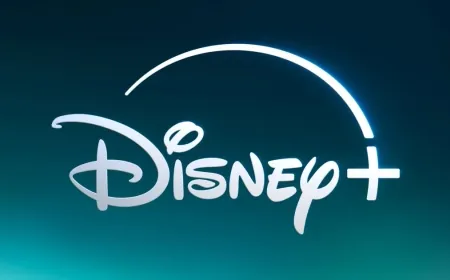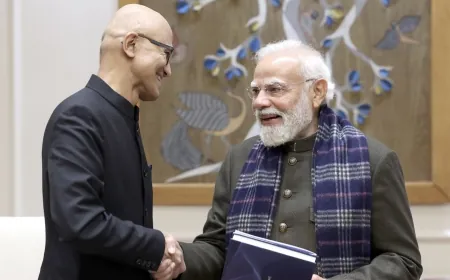Trump's TikTok Deal Faces Legal Challenges as April 5 Deadline Approaches
Trump’s TikTok deal is under fire. With legal challenges and national security fears, will the app be banned or break free from Chinese control?
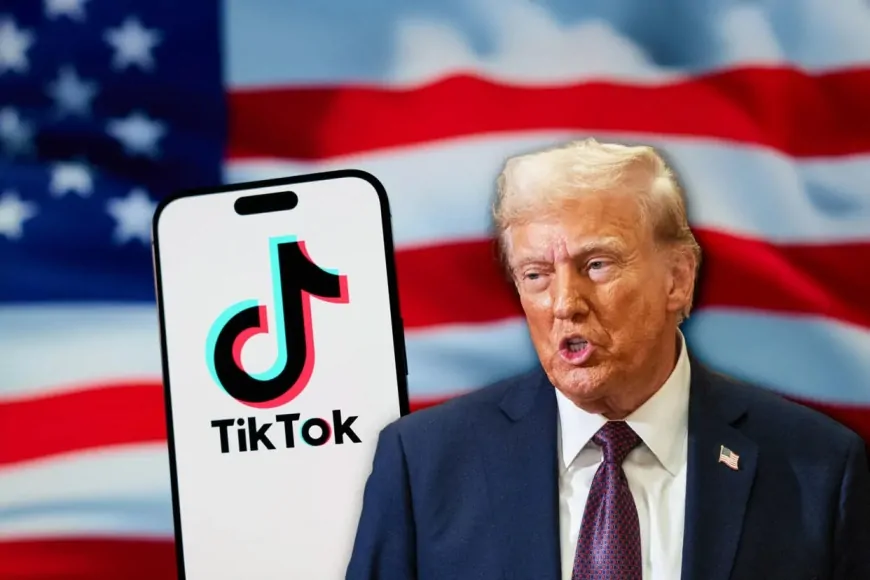
President Donald Trump is working on a deal to restructure TikTok that may not entirely sever its ties with its Chinese parent company, ByteDance. Despite potential legal challenges, experts suggest the agreement could withstand scrutiny due to how the law was written and Trump's influence over Congress.
Legal Questions and Presidential Authority
Under a law passed last year, TikTok must undergo a "qualified divestiture," ensuring ByteDance owns no more than a 20% stake. However, the law gives the president significant authority to determine if that requirement is met, providing Trump with flexibility as he negotiates a resolution before the app faces a potential ban on April 5.
Legal scholars argue that the broad presidential discretion within the law makes it difficult for courts to overturn Trump's decision. "The success of legal challenges is unlikely due to standing issues," said Professor Nikolas Guggenberger from the University of Houston Law Center. The Supreme Court's previous decision upholding the law also adds weight to the administration's actions.
National Security Concerns and The Proposed Deal
Reports suggest that US-based investors in ByteDance may increase their stakes to acquire TikTok’s American operations. This restructuring could reduce Chinese ownership below the 20% limit. However, the deal’s effectiveness in protecting user data remains a point of contention.
A central aspect of the proposal involves Oracle, a major US technology firm, managing and safeguarding TikTok's data to prevent access by the Chinese government. Despite these assurances, lawmakers like Representative John Moolenaar insist that any agreement must fully eliminate Chinese influence. The Chinese Communist Party’s legal authority over ByteDance has heightened fears about potential misuse of American data.
US intelligence agencies have also warned that the app’s algorithm, which curates content for users, could be manipulated for influence operations. Critics argue that this leaves a window for foreign interference and data espionage, making full divestiture a preferable solution.
Challenges From Competitors
While public concern over privacy issues remains high, legal experts suggest that TikTok’s rivals, particularly Meta, may be the most viable challengers to the deal. Meta CEO Mark Zuckerberg could argue that allowing TikTok to remain operational under a compromised deal gives the platform an unfair advantage. However, establishing harm in court would be difficult.
Professor Alan Rozenshtein from the University of Minnesota Law School stated, "It's challenging for competitors to prove that TikTok's presence actively harms their business in a way that courts would recognize."
Trump's Influence and Congressional Support
The situation also underscores Trump's considerable influence over Congress. With a Republican-controlled House and Senate, any legislative attempt to modify or overturn the law would face significant resistance. Trump's executive order, which delayed the enforcement of TikTok’s ban for 75 days, further reflects his control over the timeline of the deal. The president has hinted at extending the deadline if negotiations are still ongoing by April 5.
"Given Trump’s sway over Congress, any attempt to challenge his decisions through legislative means seems improbable," Guggenberger added.
Uncertainty Surrounds TikTok as Trump's Decision Nears
With the April 5 deadline fast approaching, all eyes are on whether the TikTok deal will pass scrutiny. While President Trump and his administration push for a resolution, concerns remain over whether the agreement will truly eliminate Chinese influence.
Lawmakers and national security experts are prepared to monitor the deal's implementation, assessing whether ByteDance’s reduced stake effectively shields American user data from foreign interference. Failure to meet these expectations could spark additional congressional action or legal challenges.
For millions of US TikTok users, the uncertainty adds to growing anxiety. Content creators, businesses relying on the platform for marketing, and advertisers are bracing for potential disruption. The outcome will not only influence TikTok’s operations but could also set a precedent for future regulation of foreign-owned technology platforms.
In the tech sector, rivals like Meta and YouTube are watching closely. A failure to enforce the divestiture could reignite criticism of unfair competition, while a strict enforcement could create new opportunities for domestic platforms to regain market share. Ultimately, the political, legal, and economic ramifications of Trump's TikTok decision will reverberate far beyond the app itself.
Also Read: Will Oracle Save TikTok? ByteDance Races to Beat U.S. Ban Deadline

















































